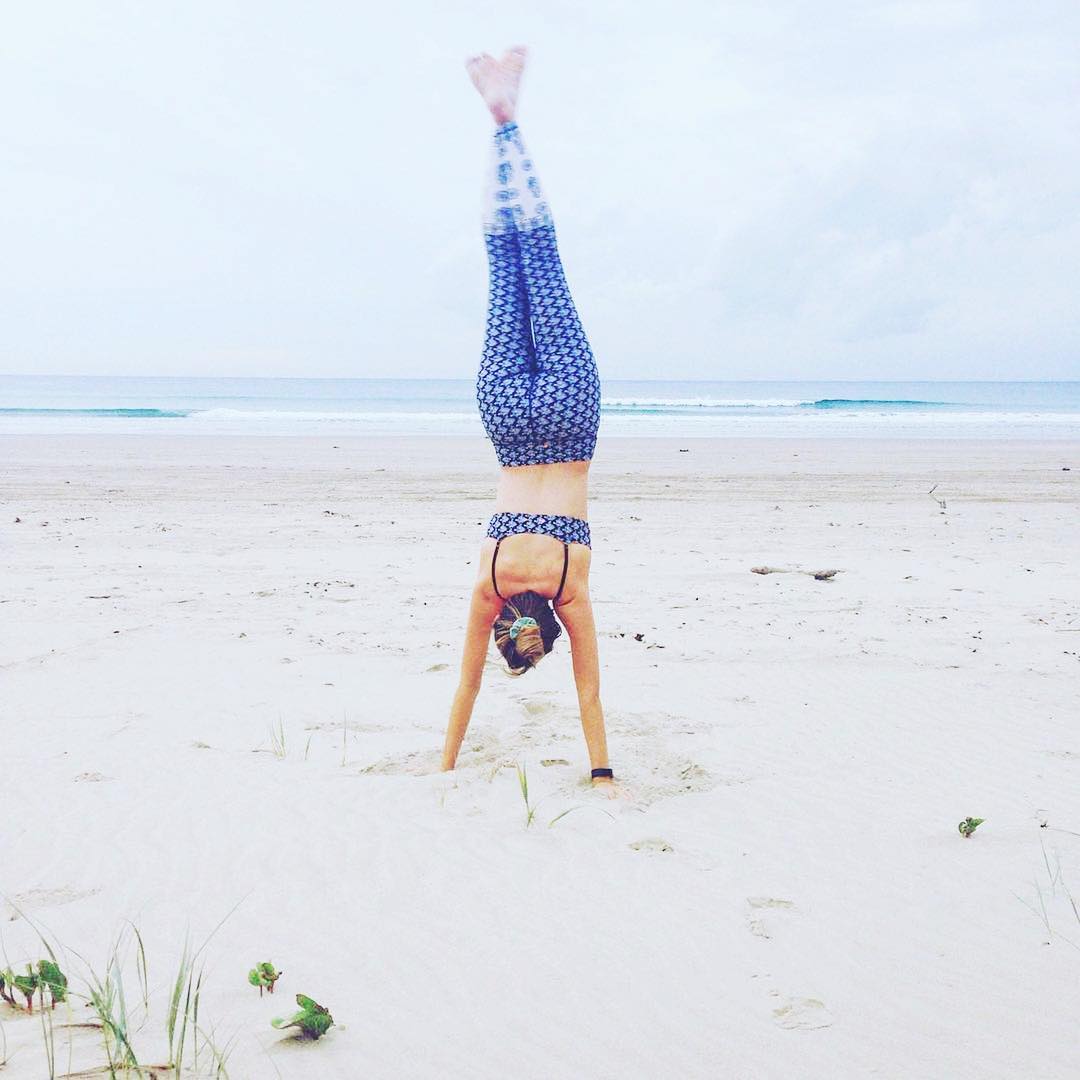
Four stories from inspiring women who have changed their relationship with alcohol
Sarah-Jane Clarke, Maz Compton, Jenny Valentish and Rebecca Weller open up about their experiences and share their hope for a future of empowered and balanced drinking for women.
Women have been in the spotlight for their drinking in the media recently, with research suggesting that we are now drinking more than ever before. Hello Sunday Morning’s data backs up this claim with 70% of members on our Daybreak program identifying as female and 65% as mothers.
Why are women drinking more than they used to?
There are arguments that alcoholic beverages such as wine and champagne are targeted heavily at women and all of the wine memes and ‘drunk mum’ jokes are becoming a trend in our society. Wine is promoted as a way to wind down at the end of the day or to meet up with girlfriends and ‘let your hair down’.
Women are also taking on careers that were previously exclusive to men. However, in a lot of households, we are still expected to follow the matriarchal role of the caring mother and housekeeper, working a full work day then coming home to cook and clean. Women find that a glass of wine at the end of the night helps take the edge off feelings of stress and anxiety, but stopping at that one glass can be the challenging part.
Whatever the reasons are for drinking in this way, there are always healthier alternatives to deal with the challenges. We speak to four inspirational Australian women who have successfully changed their relationship with alcohol and swapped their unhealthy habits for empowering and positive lifestyles.
Sarah-Jane Clarke
"With all the male energy that surrounds me, I need to be the calming force. Being a mother of boys has taught me the strength of feminine energy."
Sarah-Jane is the co-founder of sass & bide and a mother of three boys. She recently came out to the media about her relationship with alcohol after giving it up for a year.
"I knew it was controlling me rather than me being in control of it," she says.
“Even though I would only drink once or twice a week, it was erratic. Sometimes I could have one and other times I could drink six, especially in social situations. After my year off alcohol, I now drink with awareness and I don’t let situations control whether I have a drink or not. Now I would describe myself now as a moderate to occasional drinker, for example, having a beautiful wine with dinner if I’m out at a dinner party or restaurant.”
Sarah-Jane’s decision to take a break from drinking stemmed from a desire to change and be the best version of herself.
“I did a lot of reading on habits and alcohol and spent a fair bit of time looking inwards and thinking about why I drank and what was behind it. I used discipline and strength of mind to make the change. I faced my fears. Also, I was determined never to have another hangover in my life because they are such a waste of time.”
Sarah-Jane says that one of the biggest challenges was finding the triggers that might make her use alcohol in an unhealthy way.
“I worked out it was social anxiety that really made me use alcohol to take the edge off those feelings. Now I allow myself to feel those fears. The first time I went to an event unaided by alcohol was a challenge, but I showed myself that I didn’t need alcohol to get through those situations.”
She felt that her use of alcohol was not in line with her values and in order to achieve optimum health, she needed to change the way she drank.
“I put a lot of effort into my well being through diet and exercising, though didn’t apply the same discipline to alcohol.
“I want to have clarity of the mind every day and feel the best I can and I would like to see more conversations between women, nurturing our feminine side so we can have a greater clarity in our purpose and deeper meaning in our spiritual lives. This would allow us the courage to connect with our emotions and to feel ok about our vulnerabilities, rather than numbing our discomforts with addictions.”
Maz Compton
Radio presenter and TV host, Maz Compton, found herself caught up in the drinking culture of her industry for over a decade but now hasn’t had a drink for over three years.
“Everything that I did in relation to my job involved drinking. Whether it was schmoozing a client or a radio promotion or celebrating a good ratings result in TV or whatever, every single event on my calendar involved drinking and being that fun bubbly life-of-the-party personality and it just got too much.”
Maz says drinking was deeply ingrained and wrapped up in her identity.
“The level at which I drank was 100% my responsibility. Then you add in a divorce and moving away from my family ... those were big stresses on my life and looking back now I can articulate why I drank and it was to cope.”
Maz admits that it was all glossed over and wrapped up in an amazing career, opportunities and travel. On the surface, everything looked great and her life on paper looked exactly how she wanted it to.
"Behind those closed doors and under that surface level stuff, there was a point when I was losing my grip with the relationship I had with alcohol.”
“When you’re running on adrenaline and you’re fatigued and you’re trying to keep your head above water ... Free champagne at the door? Bring it on!”
Maz revealed that due to a tragic loss of a friend, she forced herself to do a quick life check.
“I was on this rat race, hamster wheel life, kicking ass but secretly not kicking ass and I knew I needed to change because if I did get hit by a truck, I want to be really honest about my living, my self-care, my self-worth and my esteem.”
Maz gave up drinking for a month and somewhere around day 22 her motivation changed to start honouring herself more and she started seeking her truth.
“It’s not my job to get everybody in the world to like me. It’s my job to like myself.”
“It is an exciting time to be a woman. We are more empowered than we have ever been and I love the sense of sisterhood that we have. Even through not drinking I’ve managed to connect to communities across the world and especially women who have decided not to drink. I would love to hear more women say that they don’t need a drink at the end of a hard day rather than, 'Oh my kids are driving me insane I just need a drink'. No, you don’t. You just need to manage your stress levels."
“When we binge drink, think of all the bad decisions, the failed opportunities, the accidental pregnancies. If we took alcohol out of the equation then I think that we’d be putting ourselves in a much stronger and better situation.”
Change is an individual choice. It can help to ask yourself:
“Do I want to stop drinking altogether?”
“Is there something I am willing to change?”
“What do I want to leave as it is?”
“What are my personal health or family goals?”
You don't need to be close to a crisis to access help and support. Addressing an issue before it impacts on your day-to-day life means you can move on and focus on the things that are important to you. Find out more about Daybreak.
Jenny Valentish
Jenny Valentish is a journalist and author of Woman of Substances. She is also on the board of self-help addiction support organisation Smart Recovery, a consultant for the National Drug and Alcohol Research Center and an ambassador for the forthcoming organisation, Brainpark.
When Jenny first started drinking at 13 years old, she found a whole other world out there that she could suddenly access.
“I had a lot of early childhood stress that was affecting me so I was quite manic and difficult to be around. As I moved into my late 20s I kind of calmed down but by then I’d already formed habits. I was drinking during work, after work and sometimes before work. And then it became constant, and that’s when it becomes really quite dangerous: when you notice how dependent you are on it.”
Jenny stopped drinking at the age of 34 for eight years with the help and support of Alcoholics Anonymous, describing the program as all-encompassing and providing a great distraction.
“For me, a healthy relationship is about drinking mindfully. I’m not going to sit and watch TV with a glass of wine that I’m not even enjoying.”
“It’s got to be about enjoyment. That’s my main rule.”
Jenny says that it’s not as easy as just quitting. You have to find hobbies, replacement alternatives and things that you like doing instead of spending your free time in bars.
“The reason platforms like Hello Sunday Morning have done so well is because women, in particular, are turning to these services because they're not having their needs met elsewhere. So I think we are going to start to see a bit of a revolution in independent treatment.”
Rebecca Weller
The founder of Sexy Sobriety and author of A Happier Hour, Rebecca Weller, was caught up with the drinking culture of the corporate world for many years until she left her job to take on a new personal project.
“I started myself on a health discovery journey that resulted in me leaving my job and starting my own health coaching practice. It was really in those first six months of starting my business that I was starting to lean on alcohol way too much.”
“I was using it to celebrate, I was using it to relax, I was using it to de-stress. I was using it for any emotion to try to not feel as much as we normally should feel.”
It was after this realisation that Rebecca started to think about her relationship with alcohol including why she drank the way she did.
“I started to think that maybe people don’t actually rely on it as much as I do, and at that time I was in my late thirties and everyone seemed to have grown up a little bit ... I started to get to the truth about who I was and who I could be without alcohol. So I embarked on a 100-day sobriety experiment just to see what that would feel like. I wasn’t thinking about what’s going to happen years from now; I wasn’t thinking about forever because those concepts were just too difficult for me at that stage.”
Through her journey Rebecca says she discovered so much about herself, the potential that we all have within us and how much richer life can be without alcohol holding us back.
“I really believed for so long that alcohol was the key to happiness and fun and joy and all these things only to discover, actually, it’s not at all. Those things come from within and come from taking responsibility for our own lives and creating that.”
When Rebecca started to discover this, she wanted to share her newfound knowledge with other women on her blog, however, was hesitant because of the shame and stigma associated with drinking in an unhealthy way.
“When I put that first blog post out there I had a tonne of people writing back to me and I realised how many women were suffering behind closed doors. That was what inspired me to want to create Sexy Sobriety and help more women around the world.”
“I would like to see that women are not held back by the belief that we must have alcohol involved in everything that we do. At the moment, I think we are at the peak of this wine culture and it is especially targeted to women and perpetuated throughout our society over and over again, whether that’s through Facebook memes or jokes in our social circles."
“I really think it’s to women’s detriment because we have so much strength and beauty inside of us, we don’t need to give our power away to the bottle.”
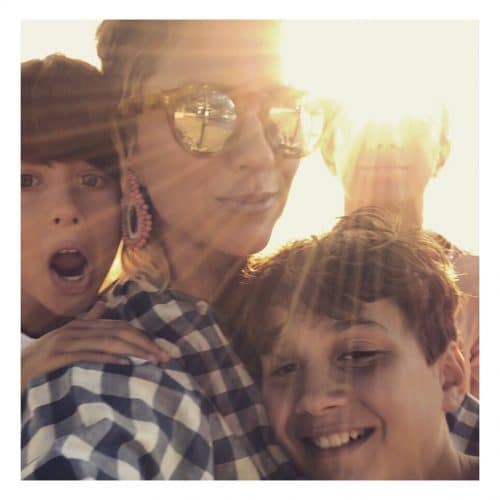
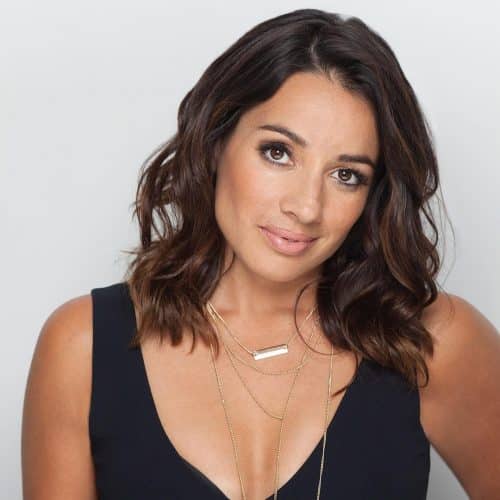
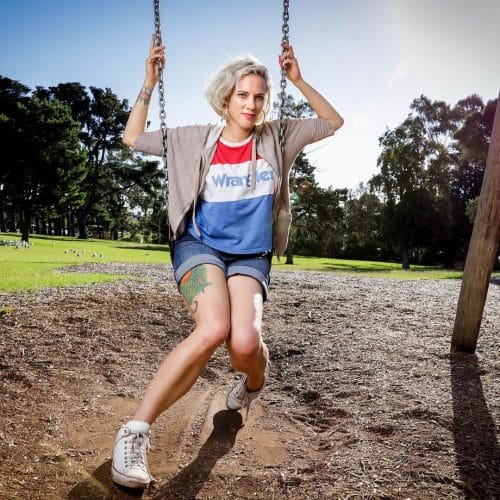
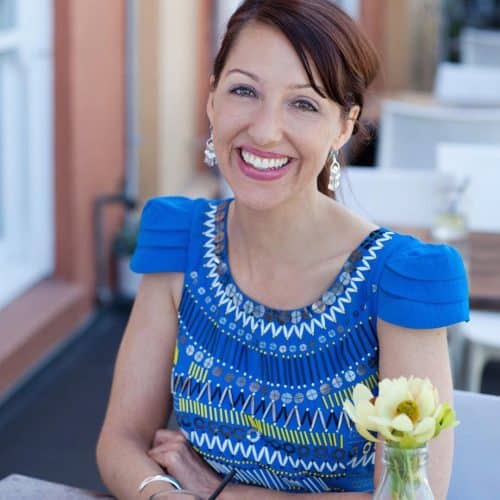
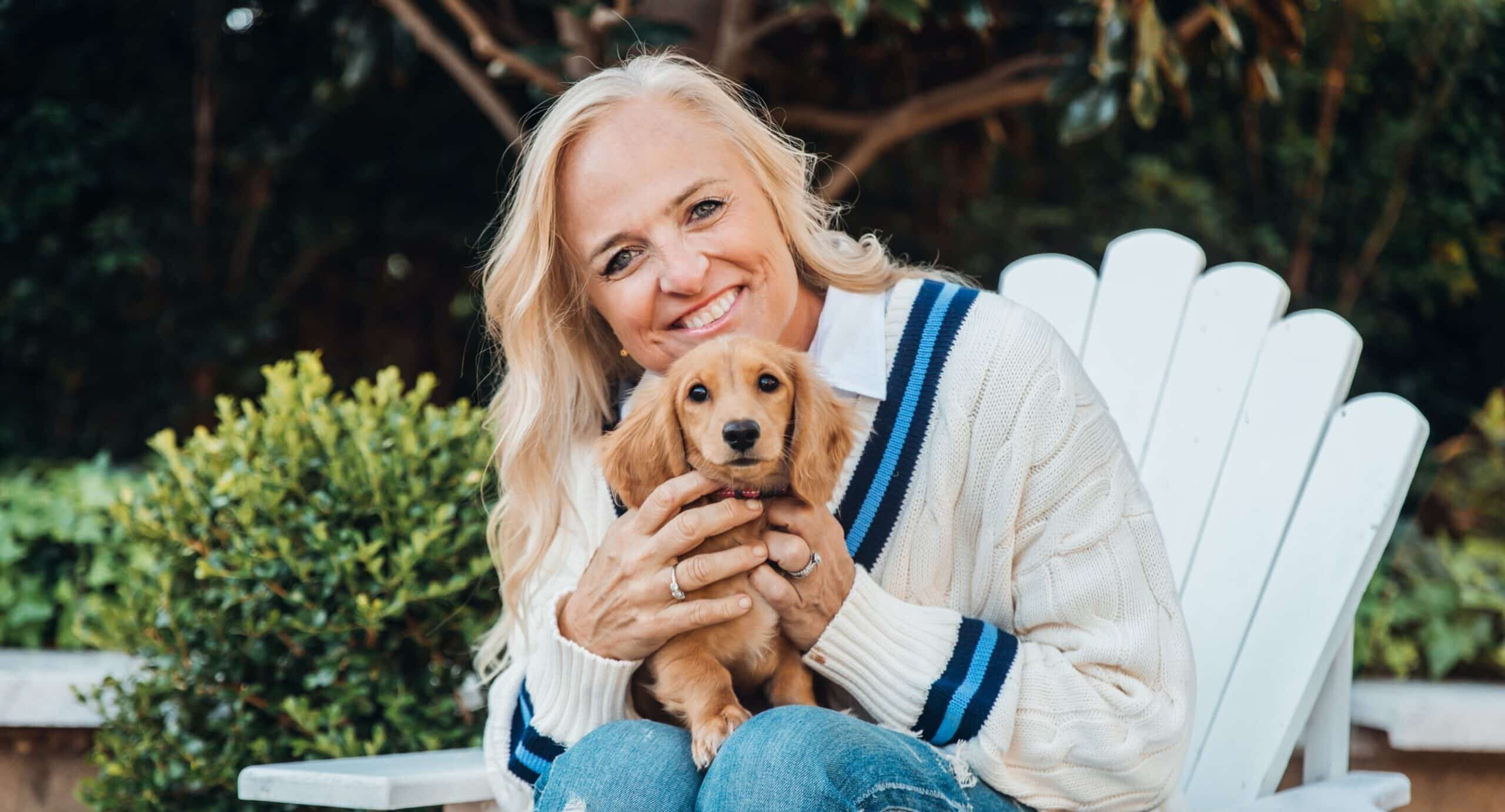
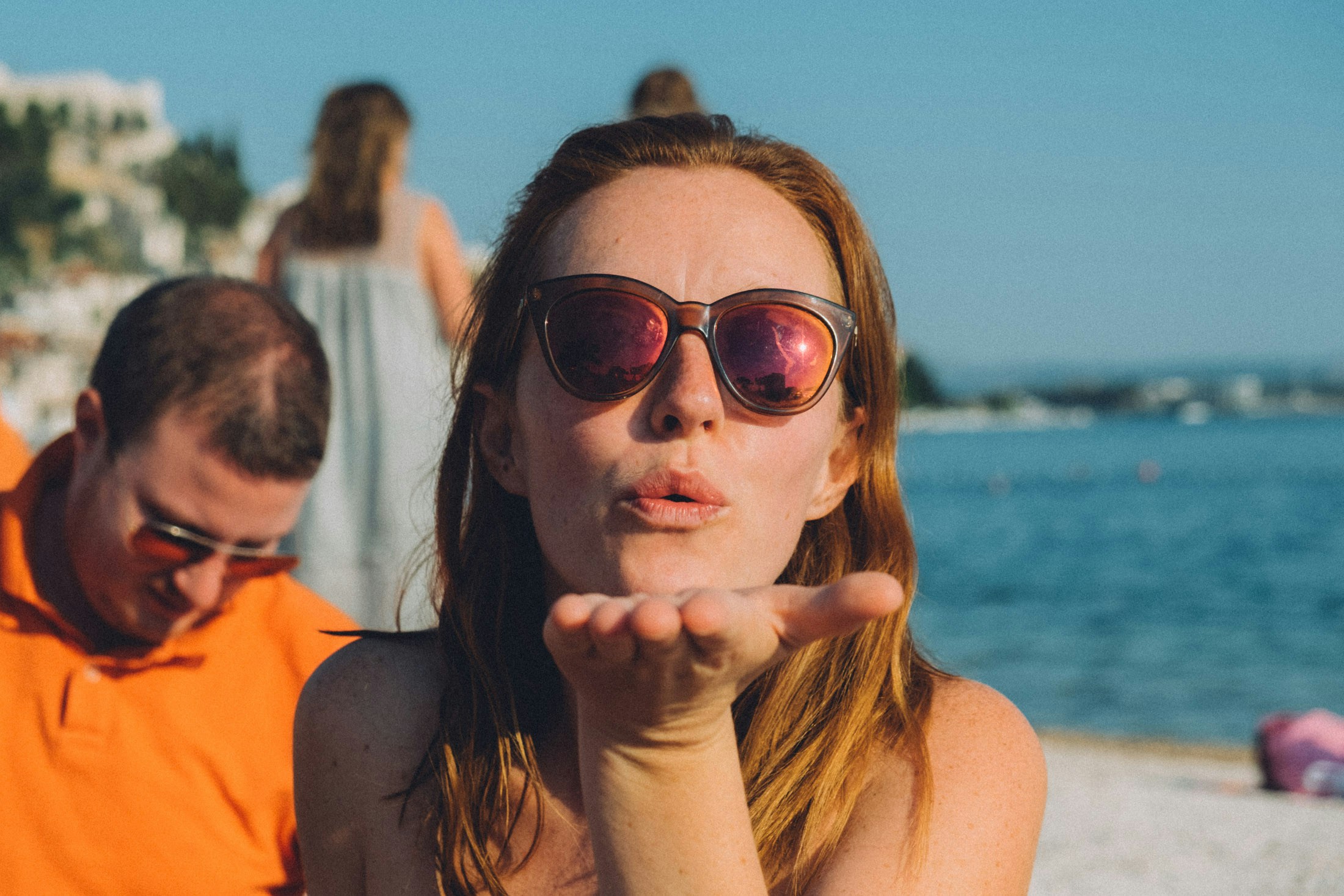
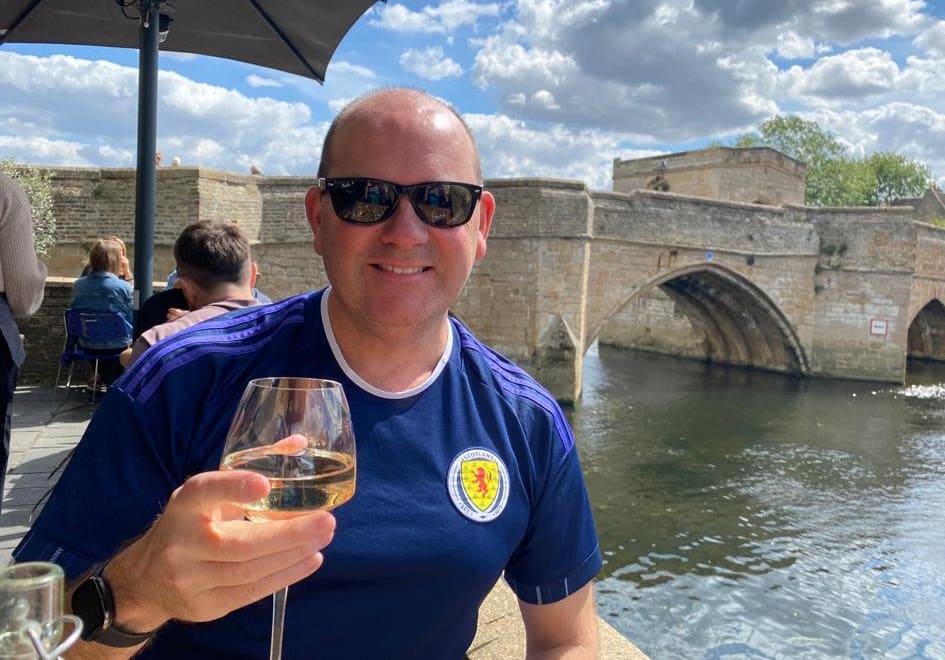







I’m an alcoholic and I have been for a good few years I’ve stopped for 3 years before I’ve been sober 10 days as trying to abstain from alcohol once again I can totally identify with your story hopefully one day I can achieve my targets the way that you have done.
I did Bex’s program after a friend suggested her book. I read it and had a lightbulb go on that this Combe a story about me and the binging embarrassment of what did I do last night where’s my phone, hoping I hadn’t put anything on Facebook! I did 90 days diligently with the program. I returned to having the odd binge and again revisited Bex’s book. I stopped again I trained myself to stop at 3 but really I can now go months without alcohol it just doesn’t fit into the journey I am on